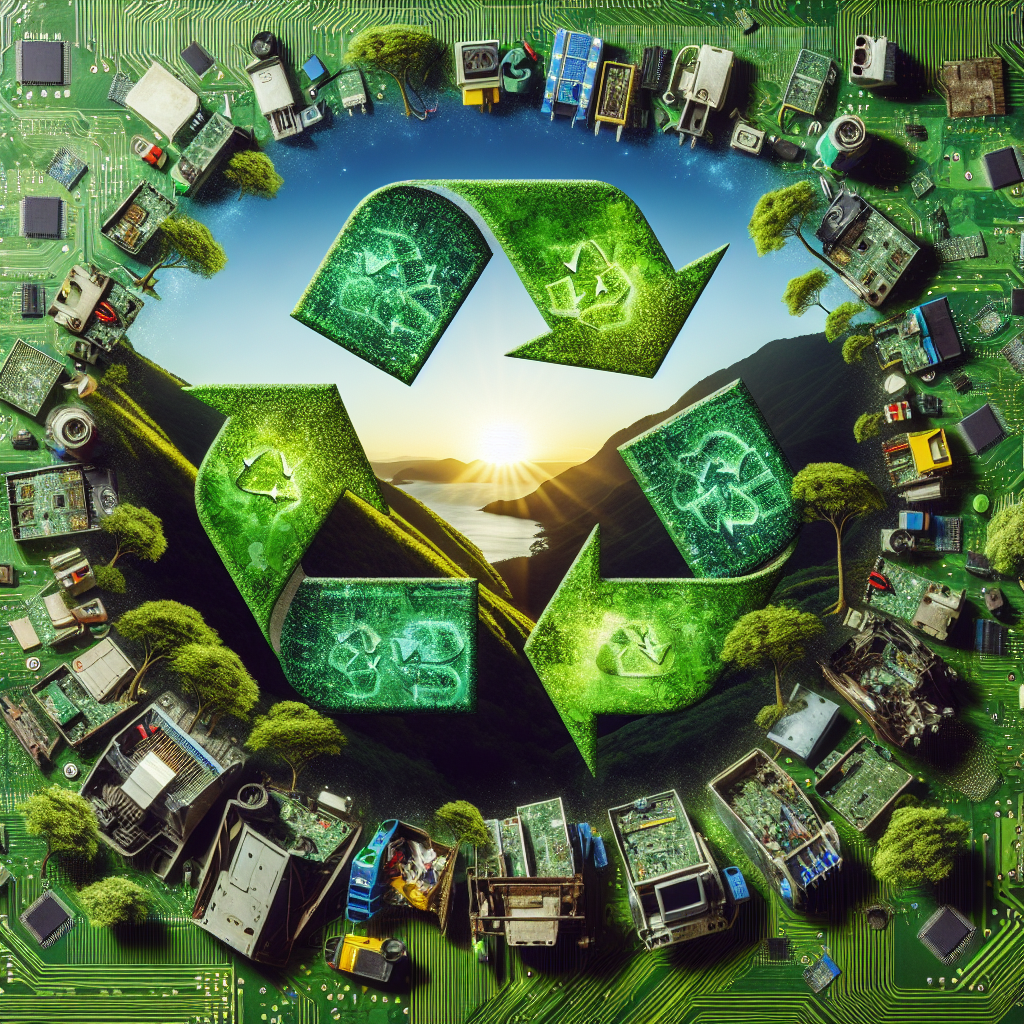Blog Ecobraz Eigre

The environmental impact of e-waste recycling in Brazil
Introduction
The proper management of e-waste is fundamental to minimizing the environmental impacts resulting from the incorrect disposal of electronic equipment in Brazil. This article analyzes the environmental impact of e-waste recycling, highlighting current legislation, processes involved and best practices for the sector.
Current legislation and guidelines for e-waste in Brazil
Brazil has the National Solid Waste Policy (Law No. 12.305/2010), which establishes guidelines for the integrated management and environmentally appropriate management of solid waste, including e-waste (Law 12.305/2010). This legislation provides for a reverse logistics system for electronic equipment, obliging those responsible for the production chain to implement mechanisms for the collection and final disposal of waste.
In addition, the National Information System on Solid Waste Management (SINIR) offers monitoring bases through the official portal sinir.gov.br, facilitating control and transparency in the management of this waste.
Processes and challenges of e-waste recycling
Electronic waste recycling involves complex technical processes, including disassembly, separation of components, recovery of precious materials and proper disposal of toxic substances. Correct handling prevents the contamination of soil, water and air by dangerous substances such as lead, mercury and cadmium.
Brazil faces challenges in expanding the electronics recycling infrastructure, especially in capturing and treating devices discarded by the population and organizations. The lack of convenient collection points and informality in the sector compromise the full reuse of materials.
Positive environmental impact of proper recycling
The correct recycling of e-waste prevents the release of pollutants and reduces the extraction of virgin raw materials, contributing to environmental conservation. It also promotes the circular economy and the creation of formal jobs in the sector.
For corporate environments, hiring specialized services for electronic waste collection and responsible disposal ensures legal compliance and minimizes environmental and safety risks related to improper disposal of equipment.
Security and disposal of electronic media
Another crucial aspect is the safe unloading and sanitization of devices such as hard disks (HD) and media, which contain sensitive information. The process of safe disposal of hard drives and electronic media prevents data leakage and guarantees the controlled destruction of these materials, in line with best practices in information security and environmental protection.
Conclusion
The environmental impact of e-waste recycling in Brazil is significant and depends on the adoption of effective public policies, adequate infrastructure and awareness among waste generators. Following current legislation, implementing reverse logistics systems and contracting specialized services are essential measures to mitigate the environmental effects and contribute to sustainability.

Deixe um comentário
O seu endereço de e-mail não será publicado. Campos obrigatórios são marcados com *